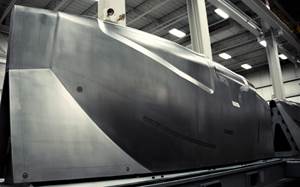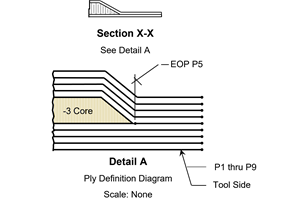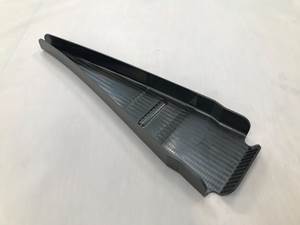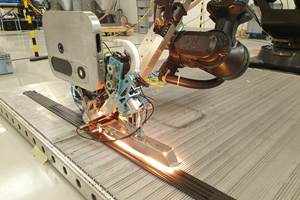VoltAero to cross English Channel with Cassio 1 demonstrator aircraft
The repeated electric aviation crossing emphasizes the Cassio program’s development phase advancements, as well as its anticipated 2023 certification.
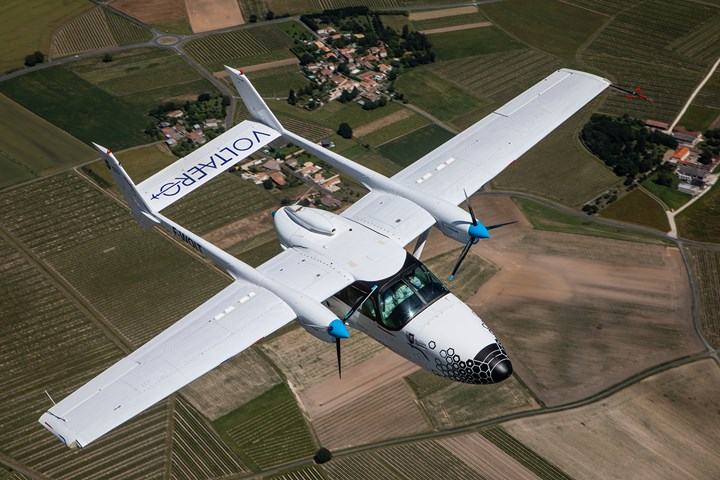
VoltAero demonstrator in flight. Photo Credit: Jean Marie, URLACHER
According to an announcement on Sept. 10, the VoltAero (Médis, France) team will perform its second historic crossing of the English Channel with an electric aircraft, using the company’s Cassio 1 demonstrator to fly between France and the U.K. for participation in the ACE21 Air Charter Expo and a visit to Cranfield University.
Cassio 1 is to traverse the Channel on Sept. 13, departing from France’s northern port city of Calais and arriving at Cranfield Airport in the English county of Bedfordshire.
During its mid-day Cranfield stopover, Cassio 1 will be available for inspection by faculty and students at the university. Briefings also will be provided by VoltAero and its KinectAir (Vancouver, Wash., U.S.) partner, which operates on-demand flight services driven by artificial intelligence and using an advanced smartphone application.
Later the same day, Cassio 1 will reportedly fly to London Biggin Hill Airport for its Sept. 14 display at the ACE21 Air Charter Expo, with VoltAero CEO and Chief Technology Officer Jean Botti taking part in the conference’s Green Charter 2021 panel discussion.
Cassio 1’s trip from France to the U.K. comes six years after what is said to be the world’s first end-to-end English Channel crossing with an electric airplane, using the E-Fan aircraft developed by VoltAero’s team in an Airbus-led program. The E-Fan’s batteries delivered 60 kilowatts of power for its two electric motors, while Cassio 1 uses VoltAero’s proprietary 600-kilowatt electric-hybrid power module. On E-Fan’s historic flight in July 2015, the aircraft took off from Lydd, England and landed at Calais, France.
At full rate, VoltAero anticipates producing approximately 150 aircraft annually with all three members of the Cassio aircraft family.
“Our second Channel crossing with an electric aircraft clearly shows how VoltAero’s team has progressed in advancing the Cassio program through its development phase for a planned certification in 2023,” explains Botti.
He added that both destinations for this Cassio 1 trip are highly appropriate. “The stopover at Cranfield University will introduce Cassio to the next generation of engineers, program managers and decision-makers who are to lead the future of electric aviation,” he says. “And our participation in the ACE21 Air Charter Expo enables us to highlight how VoltAero’s family of Cassio aircraft will help redefine commercial air charter services and regional mobility.”
To date, VoltAero says the Cassio 1 demonstrator aircraft has flown more than 4,900 kilometers while validating VoltAero’s proprietary electric-hybrid power module, which combines electric motors with an internal combustion engine. In providing dual sources of energy, the electric-hybrid power module is reported to provide highly safe and efficient operations by using one source of power — electrical or mechanical, or both — depending on the flight scenario.
The module’s electric motors enable Cassio to perform nearly-silent takeoffs and landings, while the internal combustion engine serves as a range extender by recharging batteries once Cassio is airborne, as well as providing a secondary source of propulsion and for backup.
VoltAero’s first Cassio aircraft version to enter production will be the four-seat Cassio 330, with a combined electric-hybrid power of 330 kilowatts. Cassio 330 deliveries are targeted to begin in the second half of 2023, followed by the six-seat Cassio 480 and the 10-seat Cassio 600, employing electric-hybrid propulsion rated at 480 and 600 kilowatts, respectively.
The Cassio airplane family is designed for cruise speeds of 200 knots (360 kilometers/hour), with the airport takeoff/landing distance targeted at less than 1,800 feet. At a planned availability of 10 hours per day, the aircraft will be able to perform up to eight rotations daily in charter and regional air service, VoltAero says. Other applications for Cassio include pilot training, the transport of cargo and for medical airlift.
At full rate, VoltAero anticipates producing approximately 150 aircraft annually with all three members of the Cassio aircraft family. Rochefort Airport in the Nouvelle-Aquitaine region of France has been selected for the company’s final assembly facility, with its construction to begin before the end of 2021.
Related Content
Nine factors to consider when designing composites cure tooling
Gary Bond discusses the common pitfalls and compromises when designing good cure tooling and their holistic significance for a robust composite production process.
Read MoreThe basics of composite drawing interpretation
Knowing the fundamentals for reading drawings — including master ply tables, ply definition diagrams and more — lays a foundation for proper composite design evaluation.
Read MoreASCEND program update: Designing next-gen, high-rate auto and aerospace composites
GKN Aerospace, McLaren Automotive and U.K.-based partners share goals and progress aiming at high-rate, Industry 4.0-enabled, sustainable materials and processes.
Read MoreATLAM combines composite tape laying, large-scale thermoplastic 3D printing in one printhead
CEAD, GKN Aerospace Deutschland and TU Munich enable additive manufacturing of large composite tools and parts with low CTE and high mechanical properties.
Read MoreRead Next
“Structured air” TPS safeguards composite structures
Powered by an 85% air/15% pure polyimide aerogel, Blueshift’s novel material system protects structures during transient thermal events from -200°C to beyond 2400°C for rockets, battery boxes and more.
Read MorePlant tour: Daher Shap’in TechCenter and composites production plant, Saint-Aignan-de-Grandlieu, France
Co-located R&D and production advance OOA thermosets, thermoplastics, welding, recycling and digital technologies for faster processing and certification of lighter, more sustainable composites.
Read MoreDeveloping bonded composite repair for ships, offshore units
Bureau Veritas and industry partners issue guidelines and pave the way for certification via StrengthBond Offshore project.
Read More










.jpg;maxWidth=300;quality=90)





